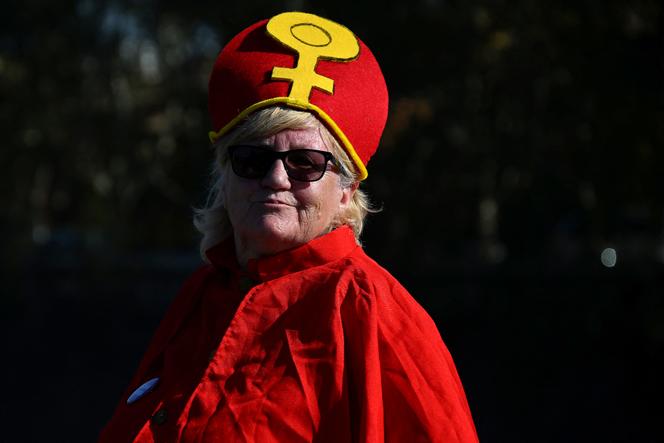


"Some thought it impossible to reconcile such a venerable religion with such a bold innovation. Credit is due to a small group of distinguished women who, through bravery and talent, earned themselves a prominent place." So wrote Charles Turgeon in Le Féminisme Français ("French Feminism") – in 1902. The historian was writing about feminism within the Catholic religion.
At the time of their inception, the first feminist movements were generally built in opposition to religion. In the 19th century, the great founding figures of feminism were largely drawn from the liberal bourgeoisie or socialist circles, and opposed religious institutions, which "explicitly inculcate (or used to inculcate) a familialist morality, entirely dominated by patriarchal values," in the words of Pierre Bourdieu, in La Domination Masculine (Masculine Domination). Yet this feminist cry has also come from inside those religions.
From the 1830s onward, Protestant intellectuals such as the Frenchwomen Eugénie Niboyet (1796-1883) and Jenny d'Héricourt (1809-1875) took part in the "first wave" of feminism, advocating for women's right to vote, better access to education and a redefinition of women's role within the family and society. They were soon joined by a number of Protestant women's philanthropic associations throughout the second half of the 19th century. At the dawn of the 20th century, Protestant women were again at the helm of the Congress of Works and Institutions for Protestant Women, one of the spearheads of French feminism.
"The emphasis on believers' access to the Bible text since the 16th century has led to a genuine Protestant investment in education, including that of girls. At the beginning of the 20th century in France, England and Germany, young Protestants from the middle or wealthy classes received a more extensive education than young Catholics," explained historian Mathilde Dubesset.
Many Jewish women were also quick to join the ranks of feminist movements. "European Jewish women's access to higher education from the last third of the 19th century enabled them to participate, in the most diverse ways, in this action for the world. From the very origins of the feminist movement, Jewish women were over-represented," wrote historian Vincent Vilmain. He underlined the many obstacles they had to face: "Anti-Semitic women's leagues in Vienna and Berlin attacked feminism [perceived] as a Jewish doctrine. Jewish women had to deal with this recurring motif, which was applied to Freemasonry and socialism alike."
You have 78.76% of this article left to read. The rest is for subscribers only.
